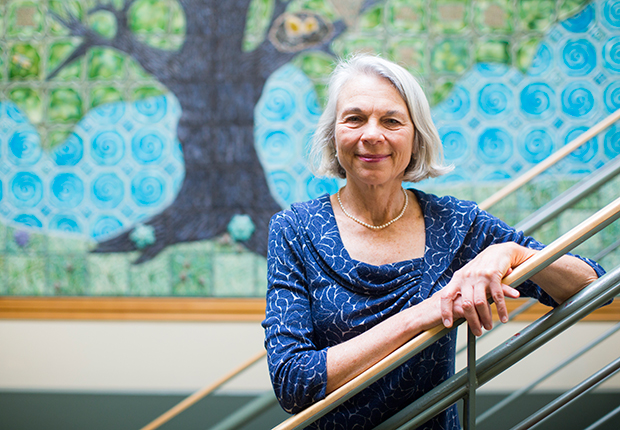AARP Hearing Center

By Dana E. Neuts
This summer, Seattle became the 104th locality in the nation to be part of the AARP Network of Age-Friendly Communities.
The designation reflects the city’s shifting demographics and renewed commitment to the needs of older residents.
"This is a city that’s changing and has an influx of young folks, but it is also a city that continues to have an influx of people like myself who are aging,” said Mayor Ed Murray, 61.
“It’s exciting to be the mayor of a city that recognizes its senior citizens are as important as any other group in this city,” he said.
During the past 10 years, Murray has seen more older people staying in or moving to Seattle. They are attracted by the city’s walkability, access to public transportation, social inclusion, diversity, and parks and recreation.
Seattle is the second city in the state to receive the age-friendly honor, after Puyallup, a nearby suburb.
The designation signifies that Seattle has made a commitment to focus on services, programs and amenities that contribute to the health and well-being of older residents.
The AARP network is the U.S. affiliate of the World Health Organization’s Global Network of Age-friendly Cities and Communities, which launched in 2010.
Seattle officials and community groups are assessing a variety of critical areas: housing, health care, transportation, recreation and civic participation.
Joanne Donohue, vice president of community development for Sound Generations, a nonprofit serving older Washingtonians, said the age-friendly designation comes with an important requirement: participation. “It insists on involving older adults in implementing the projects that will come from it. It views older adults as assets, not a service population to be taken care of.”
Other organizations, including Seattle/King County’s Aging and Disability Services, LeadingAge Washington and Aging Wisdom, are working together on assessing older adults’ needs.
Amanda Frame, community outreach director for AARP Washington, said the age-friendly designation is an important first step. “There is a lot of work ahead, and it takes a coordinated effort for an initiative like this to be effective,” she said.
Budget Pressures
The designation may also help groups dealing with budget cuts. United Way recently trimmed $1.7 million from 29 local organizations, including Sound Generations, that serve older adults.
Donohue said these cuts will dramatically affect senior services in the county. She hopes membership in the AARP network will reinforce the belief that serving older adults is an investment, not an expense.
“We are already using the designation in our advocacy efforts with the City Council to create an age-friendly community innovation fund,” Donohue added.
City officials have been working on age-friendly projects too, including Vision Zero, which aims to eliminate fatalities of pedestrians and bicyclists in Seattle by 2030. The city is also addressing elder abuse, while providing $1.2 million in funding to its senior centers and $2.2 million to senior meal programs.
In addition, the Mayor’s Office for Senior Citizens provides programs and referrals to services that support independent living, social and civic engagement, and healthy aging.
For more information on the Age-Friendly Network, go to aarp.org/agefriendly.
Dana E. Neuts is a writer living in Seattle.































































